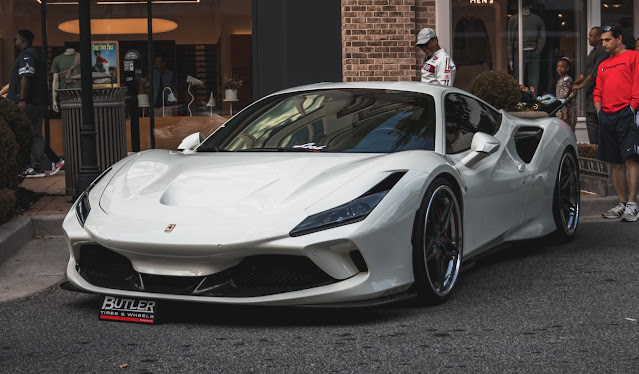Are Classic Cars Still Worth It? The Allure and Challenges of Owning Classic Vehicles
Are Classic Cars Still Worth It?
The Allure and Challenges of Owning Classic Vehicles
Vintage cars, often referred to as classics, exude an undeniable charm and timeless appeal. For many automotive enthusiasts, owning a vintage car is a dream come true. However, the question lingers: Are vintage cars still worth it in today's world of modern vehicles and rapidly evolving technology? In this blog post, we'll explore the allure of vintage cars and the challenges that come with owning these automotive treasures.
The Allure of Vintage Cars:
1. Timeless Beauty
Vintage cars possess a unique and aesthetic appeal that sets them apart from modern vehicles. Their sleek lines, chrome accents, and distinctive designs evoke nostalgia and a sense of craftsmanship that's often missing in contemporary cars.
2. Historical Significance
Many vintage cars have rich histories and are linked to significant events or eras. Owning one allows you to be a custodian of automotive history and take a tangible piece of the past with you into the future.
3. Driving Experience
Vintage cars offer a different driving experience altogether. With manual transmissions, carbureted engines, and mechanical steering, driving a classic car is a visceral and engaging experience that connects you to the road in a way modern cars often can't.
4. Investment Potential
Some vintage cars have proven to be lucrative investments over the years. Rarity, demand, and historical significance can drive up their value, making them not only a passion project but also a potential financial asset.
Challenges of Owning Vintage Cars:
1. Maintenance and Repairs:
Vintage cars require meticulous care and maintenance. Finding replacement parts can be a challenge, and you may need to rely on specialized mechanics who understand the intricacies of older vehicles.
2. Safety and Technology:
Vintage cars lack many of the safety features and technological advancements found in modern vehicles. They may not have airbags, anti-lock brakes, or even seat belts, which can make them less safe in accidents.
3. Fuel Efficiency:
Vintage cars are notorious for their poor fuel economy. Their older engines are often less efficient and emit more pollutants than modern counterparts, which can be a concern for eco-conscious owners.
4. Cost:
Acquiring a vintage car can be expensive, and the ongoing costs of maintenance, restoration, and insurance can add up quickly. It's important to budget wisely if you decide to invest in a classic car.
5. Limited Practicality:
Vintage cars are not always the most practical choice for daily transportation. They may lack the reliability, comfort, and convenience features expected from a modern vehicle.
Conclusion
The decision to own a vintage car is a deeply personal one. While the allure of classic cars is undeniable, it's essential to consider the challenges and limitations that come with them. Vintage cars are a passion, a hobby, and sometimes an investment. If you're willing to embrace the uniqueness and challenges of owning a classic car, then the experience can be immensely rewarding. Ultimately, the worth of a vintage car depends on your love for automotive history, your willingness to invest time and resources, and your desire to be a part of a timeless tradition in the world of automobiles.



Comments
Post a Comment